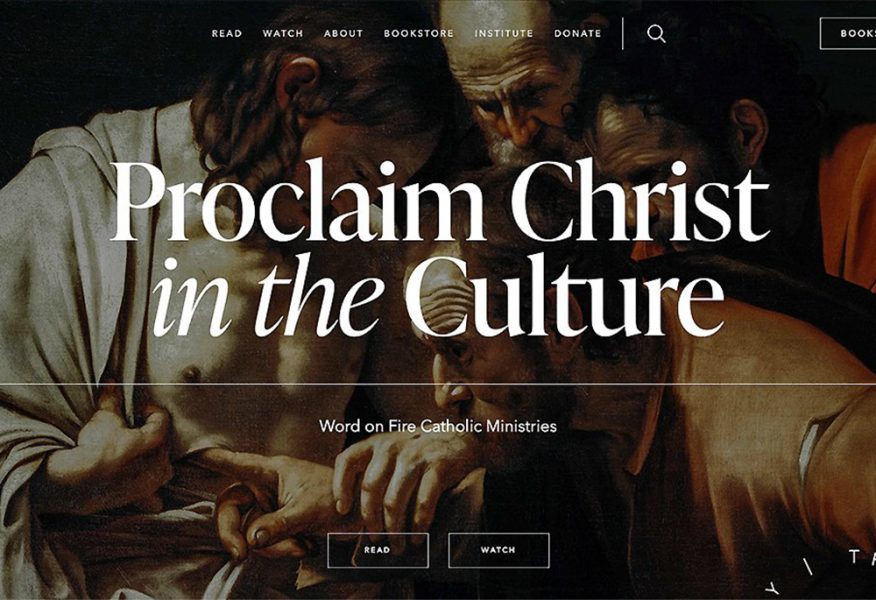(National Catholic Reporter. Steven P. Millies).
Not long after Joe Biden became the nation’s second Roman Catholic president of the United States, I wrote for America magazine about something that had occurred to me many years earlier: Much of the difficulty about Catholics in U.S. politics owes to how worried I think our bishops are that they’ve lost control of the narrative. Because of changes in communications technology, media and how we live in this contemporary world, bishops and pastors are only one voice among many with the power to define what is “Catholic.” Catholics like President Joe Biden or former House Speaker Nancy Pelosi, who hold highly visible public offices, simply have a greater reach. Most Catholics probably would have trouble naming a bishop other than their own, and few outside the church can name any. The issue is both about ecclesiology and also about public theology. When I wrote about it for America, I put it in the form of a question: “Who owns the brand?” The honest answer probably is that it no longer is owned (at least in the same way it used to be) by the successors of the apostles, our bishops and pastors. This is not a new problem. It has been taking shape since the beginning of the television age and the Kennedy presidency. But there also is a far more troubling way that this transformation has manifested itself. Across the last 20 years, the Catholic brand has come to be appropriated in a more worrying way by organizations with uncertain ties to the structure of the church. The most prominent of these organizations is the Eternal Word Television Network, or EWTN, but there are many others.

